Deputy PM and his new adviser "surprised by subsidies"
The amount that Serbia allocates to various types of subsidies "surprised Aleksandar Vučić and his adviser Dominique Strauss-Khan," the daily Politika writes.
Monday, 23.09.2013.
12:54

BELGRADE The amount that Serbia allocates to various types of subsidies "surprised Aleksandar Vucic and his adviser Dominique Strauss-Khan," the daily Politika writes. "I can only tell you that foreigners are astonished by the subsidies we set aside, where things go," Vucic, the first deputy prime minister, was quoted as saying. Deputy PM and his new adviser "surprised by subsidies" The newspaper then looked at the amount that the state spends in a bid to assist the economy. According to the Ministry of Finance report on the state aid for 2012, the figure was RSD 88 billion (EUR 777.96 million), or 2.6 percent of GDP. Excluding transportation and railways, this number is at 1.9 percent, while according to the article, the EU average is 0.5 percent of GDP. The report shows that the state assistance has been increasing from year to year. Most of the money was allocated to industry and services, some EUR 555 million, followed by agriculture (EUR 222 million). Sector-wise, transportation received EUR 142 million. Faculty of Economy professor Milojko Arsic commented to say that he believes the subsidies are "an expensive and inefficient way to compensate for weaknesses in the economic system." The report of the Ministry of Finance does not dispute that those receiving this assistance acquire a more favorable market position relative to competitors, but the ministry seems to think that their control "protects free competition in the market." According to Arsic, the money spent on subsidies to investments and employment - which has caused a great debate among the public - "failed for the simple reason that it did not result in above-average increases in employment or investments." "The solution is not, however, to suddenly change the economic system, eliminating subsidies, as this would lead to a fall in employment. A lot of people would suddenly lose jobs. The solution is in reforms. To enable the economy to work and to improve our position on the lists of competitiveness and business environment of the World Bank and the World Economic Forum," he was quoted as saying. Ivan Nikolic from the Economic Institute, believes that subsidies are only a small part of Serbia's budget problem "that will not provide an opportunity for large savings." "It seems to us that we are throwing (money) around. However, when one looks a little deeper per item, it is not so. Our problem is poverty, so with a relatively low GDP, subsidized items seem are very high. Expenditures of the state budget are prescribed by law and until they fix the revenue side of the budget, there is not much room for savings. Where can money be saved? All agree that agriculture, which last year received EUR 222 million, should be given more, because it is a development branch. The political question is whether to subsidize investment and employment, however, the absolute amount of 20 million, which is how much was spent on this purpose, is a small item in the budget," Nikolic said. This expert does not deny that there is room to save money, and suggested that this could done with the expenditure related to the companies in the process of restructuring, "in the amount of some EUR 80 million." Vucic and Strauss-Kahn are seen in Belgrade last week (Beta) Politika
Deputy PM and his new adviser "surprised by subsidies"
The newspaper then looked at the amount that the state spends in a bid to assist the economy.According to the Ministry of Finance report on the state aid for 2012, the figure was RSD 88 billion (EUR 777.96 million), or 2.6 percent of GDP. Excluding transportation and railways, this number is at 1.9 percent, while according to the article, the EU average is 0.5 percent of GDP.
The report shows that the state assistance has been increasing from year to year. Most of the money was allocated to industry and services, some EUR 555 million, followed by agriculture (EUR 222 million). Sector-wise, transportation received EUR 142 million.
Faculty of Economy professor Milojko Arsić commented to say that he believes the subsidies are "an expensive and inefficient way to compensate for weaknesses in the economic system."
The report of the Ministry of Finance does not dispute that those receiving this assistance acquire a more favorable market position relative to competitors, but the ministry seems to think that their control "protects free competition in the market."
According to Arsić, the money spent on subsidies to investments and employment - which has caused a great debate among the public - "failed for the simple reason that it did not result in above-average increases in employment or investments."
"The solution is not, however, to suddenly change the economic system, eliminating subsidies, as this would lead to a fall in employment. A lot of people would suddenly lose jobs. The solution is in reforms. To enable the economy to work and to improve our position on the lists of competitiveness and business environment of the World Bank and the World Economic Forum," he was quoted as saying.
Ivan Nikolić from the Economic Institute, believes that subsidies are only a small part of Serbia's budget problem "that will not provide an opportunity for large savings."
"It seems to us that we are throwing (money) around. However, when one looks a little deeper per item, it is not so. Our problem is poverty, so with a relatively low GDP, subsidized items seem are very high. Expenditures of the state budget are prescribed by law and until they fix the revenue side of the budget, there is not much room for savings. Where can money be saved? All agree that agriculture, which last year received EUR 222 million, should be given more, because it is a development branch. The political question is whether to subsidize investment and employment, however, the absolute amount of 20 million, which is how much was spent on this purpose, is a small item in the budget," Nikolić said.
This expert does not deny that there is room to save money, and suggested that this could done with the expenditure related to the companies in the process of restructuring, "in the amount of some EUR 80 million."











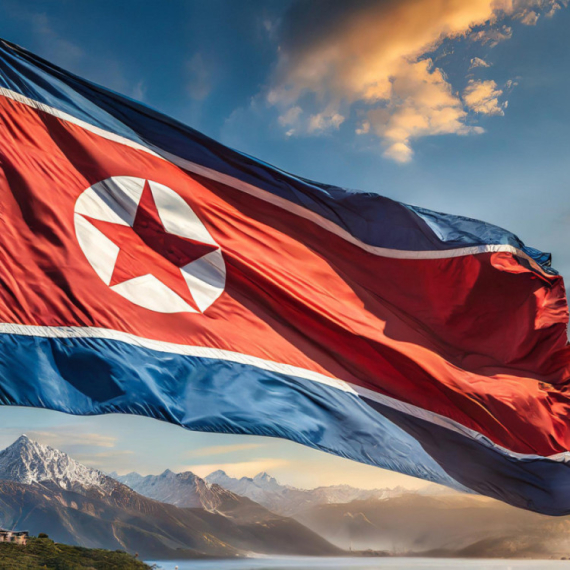


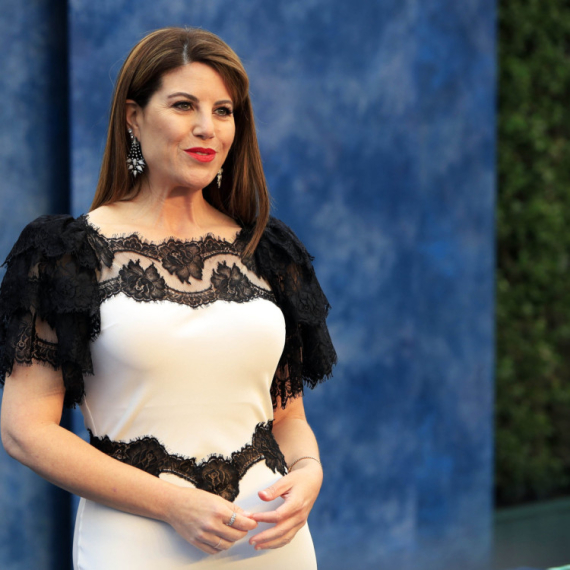
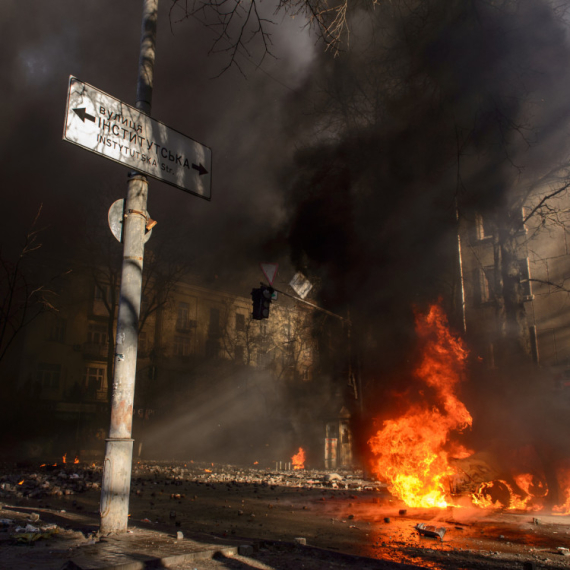



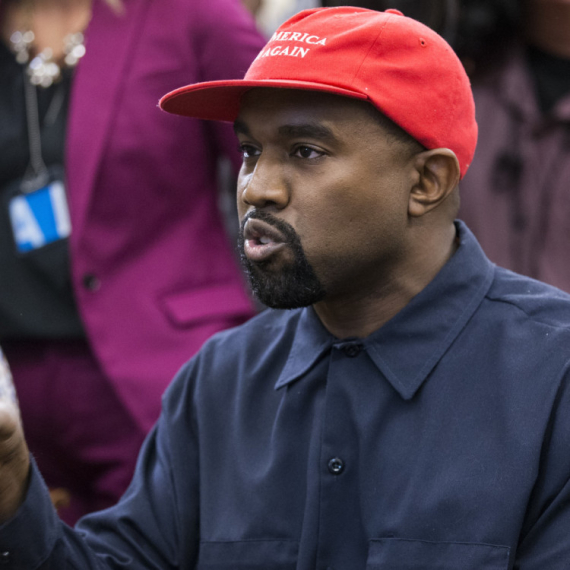

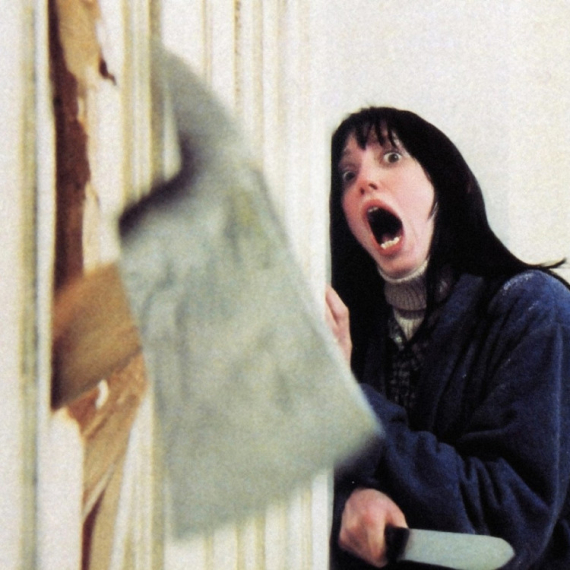





































Komentari 4
Pogledaj komentare